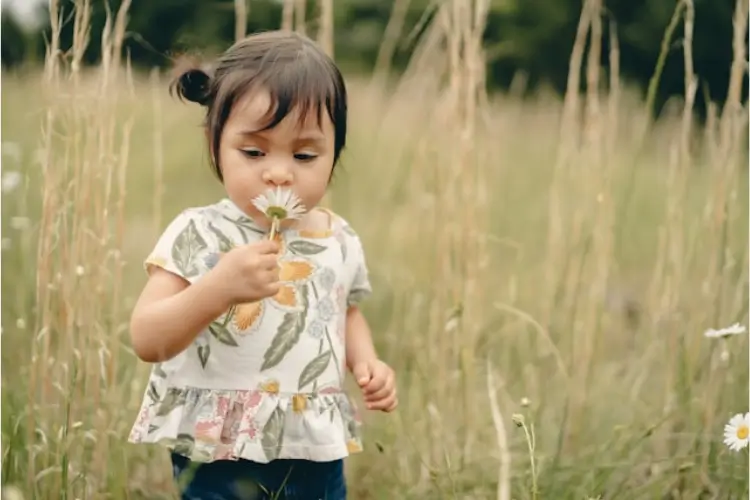Toilet training feels like a major event. It often comes with varied feelings. Some days go by well – other days resemble setbacks. The approach is what matters most, not magic. Children learn best in a safe environment – it is calm and steady. A few clever habits change this process greatly. The correct mindset, combined with patience, transforms this period. It is then less like conflict, but also more like teamwork. Here are five tips to guide you without force. They assist the child and the caregiver, helping each feel supported.
1. Start When They’re Truly Ready, Not When You Are
One of the most common setbacks in potty training happens when it’s started too soon. Some toddlers show interest early, while others take longer. It’s not about age. It’s about signs. Staying dry for longer stretches, showing interest in the toilet, or telling when they need to go are all good clues. Rushing before these signs show up often causes frustration. Every child is on their timeline. Watch for readiness and not the calendar. Waiting a few weeks until they’re clearly showing signs can make things move faster in the long run. Starting early doesn’t mean finishing early.
2. Make the Potty Routine Part of Everyday Life
Keep the process natural by folding it into the daily routine. Set regular potty times, like after meals or before bed. Use the same spot so it feels familiar. Keep the potty chair close and easy to reach. Let the child help with simple steps like flushing or pulling pants down. Treat each potty visit like brushing teeth—just another part of the day. Routine helps the child know what to expect. That lowers resistance. Repetition builds comfort. Over time, those daily moments become habits. And once it feels routine, it doesn’t feel scary or forced anymore.
3. Stay Patient When Accidents Happen
Accidents are part of learning. They don’t mean failure. What matters is how they’re handled. If the response is calm and supportive, the child feels safe to try again. Harsh words or punishment cause shame, and that slows things down. Keep extra clothes close and respond with kindness. “Oops, let’s clean up and try again” goes a long way. This stage is new for the child’s body and mind. Mistakes are normal. Each one is a chance to build trust, not tension. How the adult reacts teaches more than just potty skills—it shapes confidence, too.
4. Get the Right Support When You Need It
Not every day will be smooth. There will be times when things stall or feel overwhelming. That’s when outside help can really help reset the tone. Reaching out for potty training support, can ease the stress for everyone involved. Local programs, pediatric advice, or parenting groups offer tips, reassurance, and real stories. Even a short chat with someone who’s been through it can change the outlook. This kind of support shows there’s no need to handle it all alone. It also reminds caregivers that every child is different, and progress takes its shape.
5. Celebrate the Tries, Not Just the Successes
Big changes start with small steps. Sitting on the potty, telling an adult about needing to go, or even helping clean up should all be cheered. Praise effort more than results. That keeps the pressure low. Stickers, high fives, or a happy dance can mean the world. Just knowing they’re doing a good job makes kids want to keep going. Avoid saying things like “big kids don’t do that” or comparing them to others. Focus on what they’re learning today. Encouragement builds pride. And pride builds momentum. In time, each try leads to the habit taking hold.
Conclusion
Potty training doesn’t have to be filled with tears or tension. With a few clear tips and the right tone, it can be a shared journey that strengthens the bond between child and caregiver. It’s about watching for the right time, staying calm through the rough spots, and creating habits that feel safe. Every step forward matters—even the small ones. Stay flexible, keep things simple, and focus on the progress, not the perfection. When a child feels supported, learning comes more easily. And that turns potty training from a task into a meaningful part of growing up.




